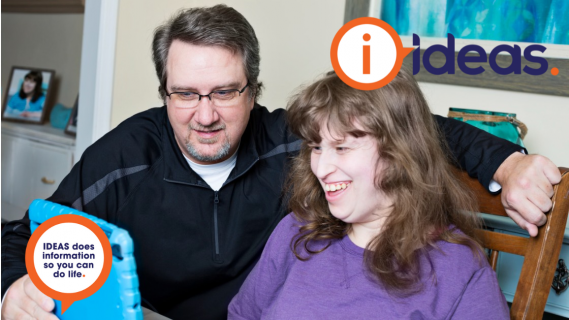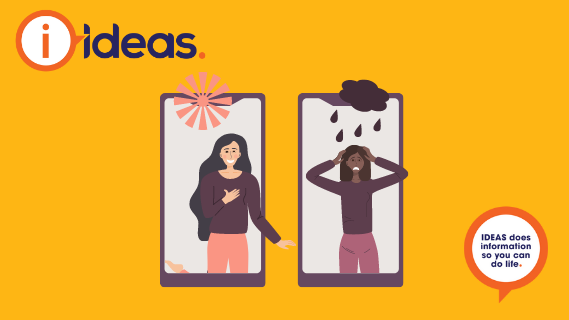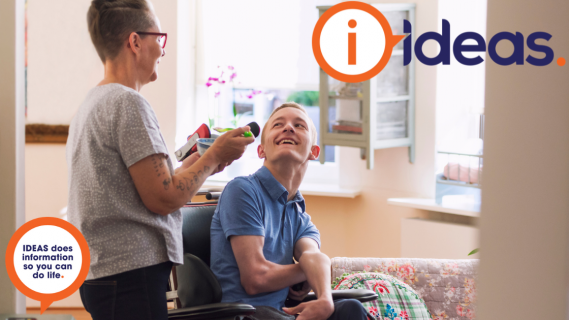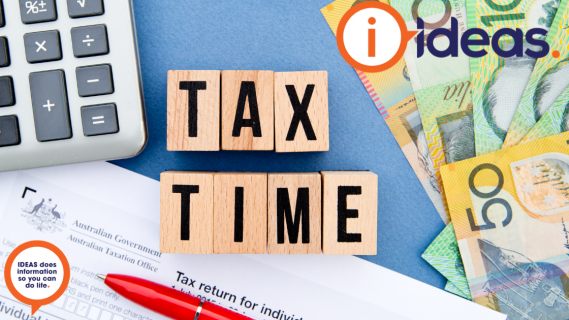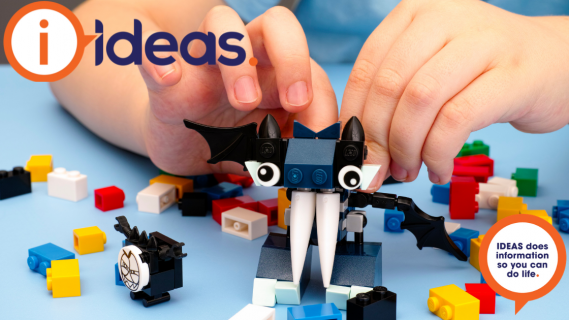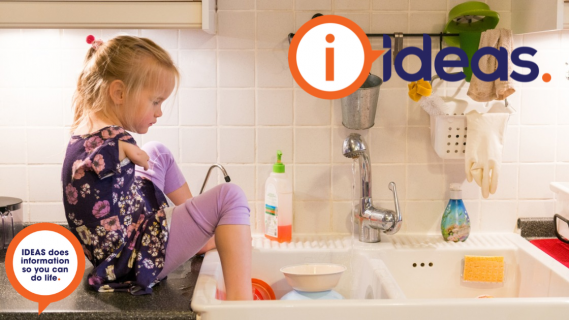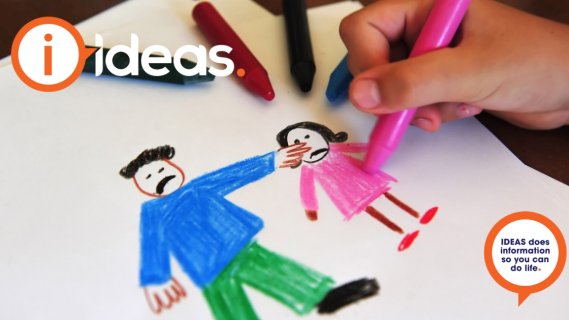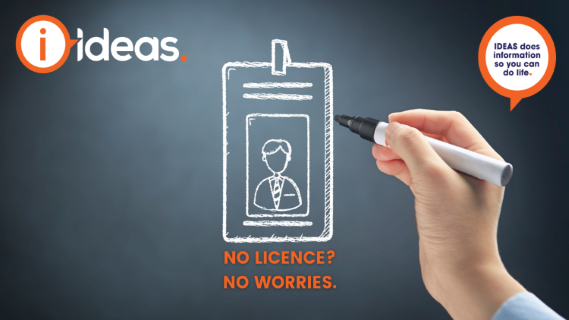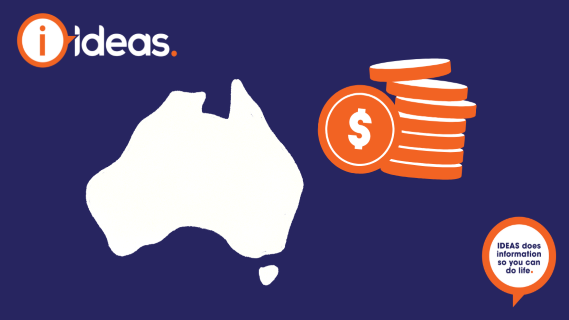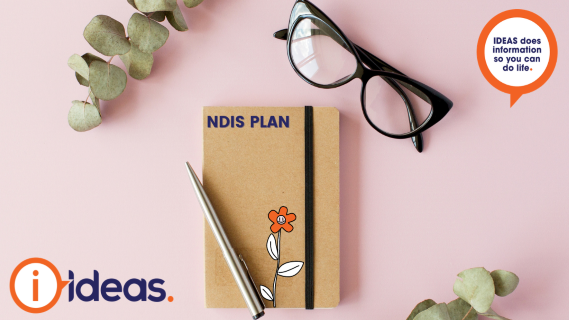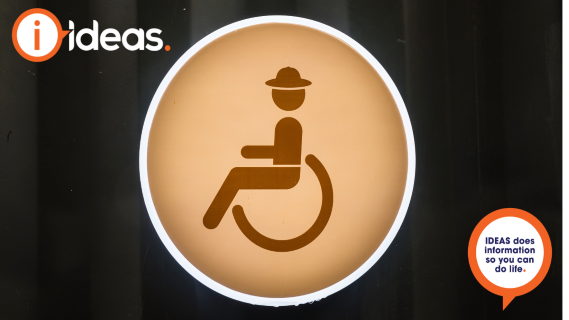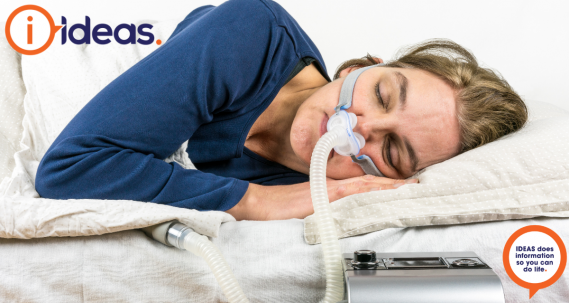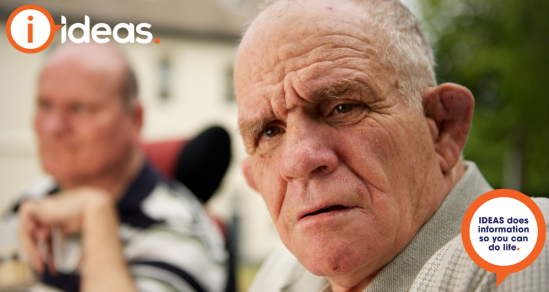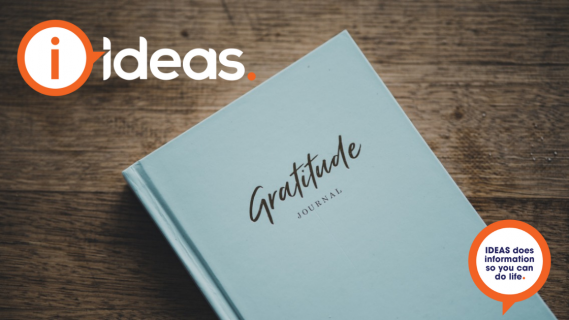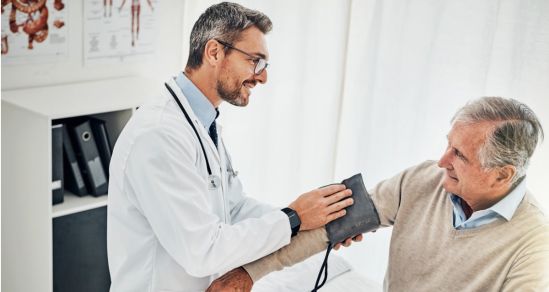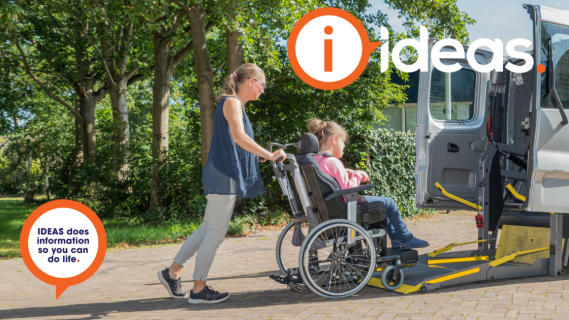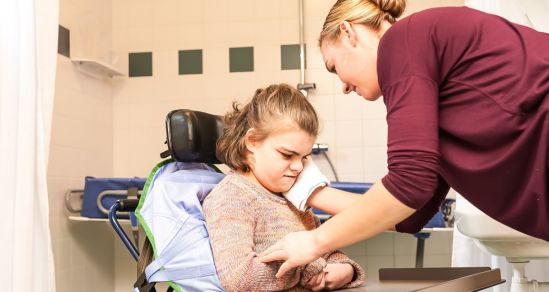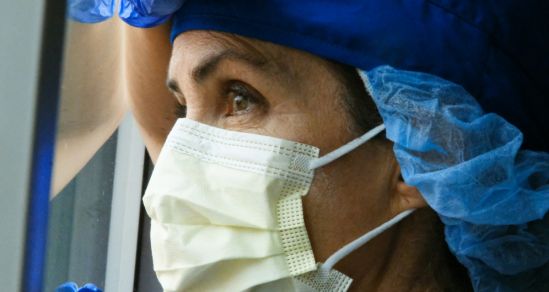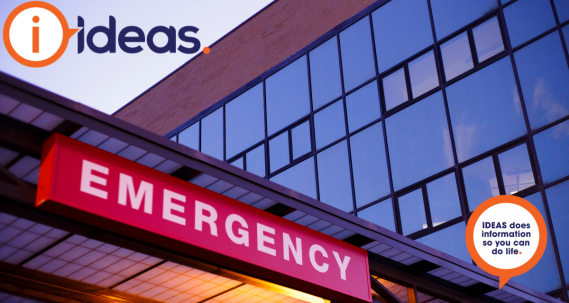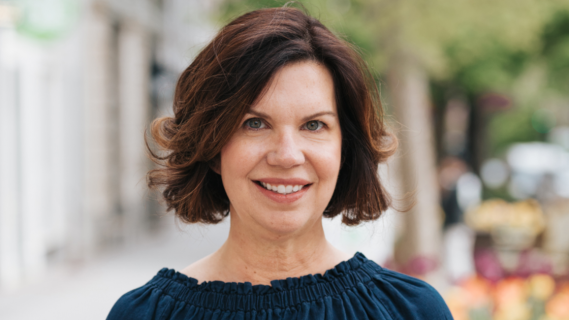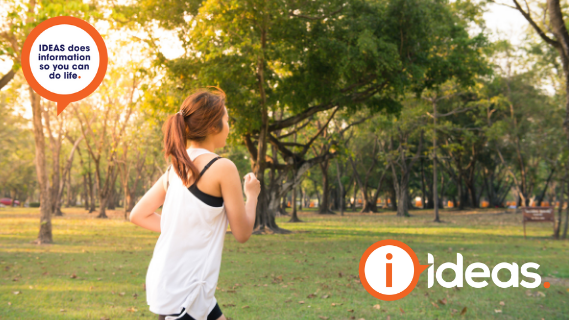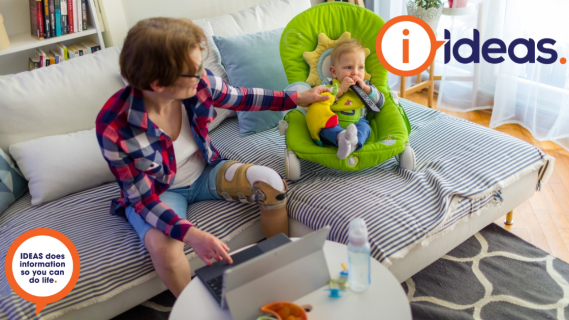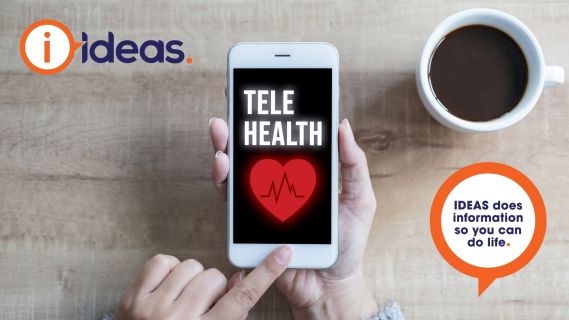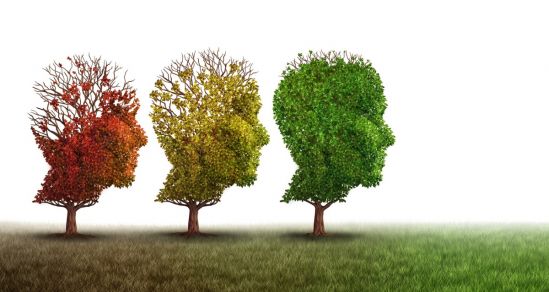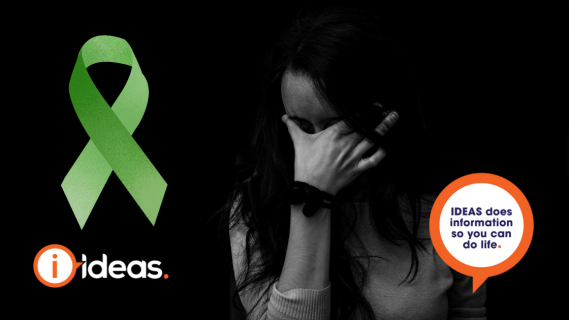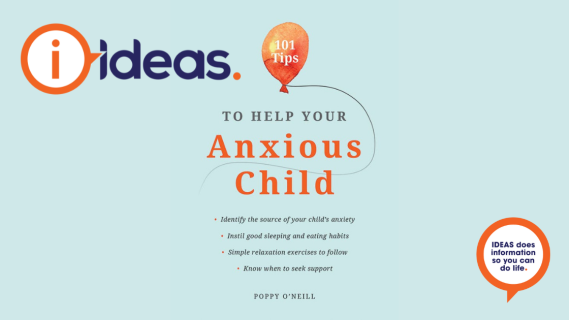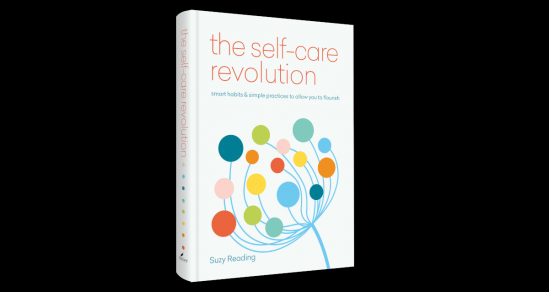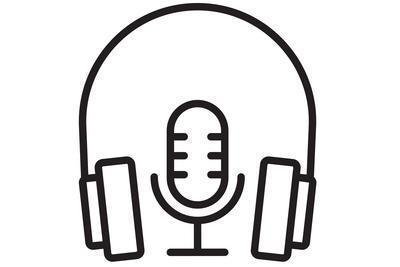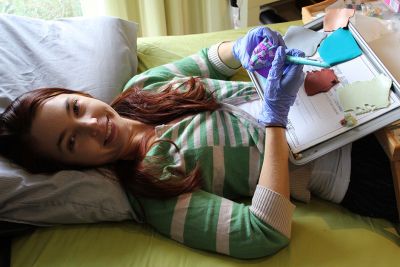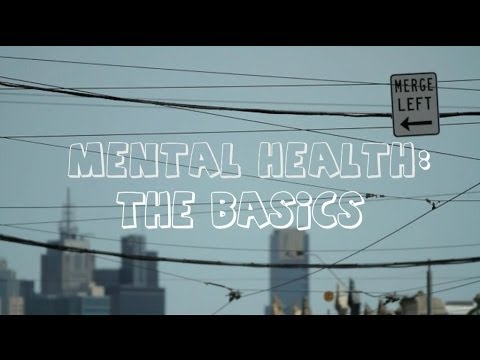It’s good to look after our health, and regular health checks can help detect early warning signs of disease or illness before they become a more significant issue and give you the chance of early treatment. In this article, we explain the regular checks for Women.
It’s good to look after our health, and regular health checks can help detect early warning signs of disease or illness before they become a more significant issue and give you the chance of early treatment. In this article, we explain the regular checks for Women.
Be in charge of your health and schedule in appointments regularly. Use a method that works for you. That might mean yearly appointments close to your birthday or start of the year—track appointments in a diary, calendar, or on your phone. You can always bring someone you trust with you to an appointment. With Women's Health Week September 2-6 September, MS Australia have resources and a hub to cover all your women's health questions.
Easy English Resources
Easy Read/ Easy English
Breast Health
Breast Cancer Network Australia - Accessible Resources Includes Audio files. Books Beyond Words – Looking After my breasts Fee applies.Reproductive Health
Problems with periods Council for Intellectual DisabilityBetty has a Cervical Screening Test Family Planning NSW The booklet has some hard words. You can find the meaning of these words here.Books Beyond Words - Keeping Healthy Down BelowContraception Council for Intellectual DisabilityContraception Family Planning VictoriaWomen’s Health
Women’s Health Women With Disability AustraliaBeing a healthy Woman Family Planning NSWJust Checking Family Planning NSWBreast Checks
Everyone’s breasts look and feel different. Some women have naturally lumpy breasts, or one breast larger than the other, or inverted nipples. Knowing what is normal for you, how to conduct a breast self-examination and when to see your doctor are all essential things to know.
Self-examination
Breast self-examinations should be done once a month, from your early 20’s. Checking your breasts regularly, helps you become familiar with what is typical, and notice if any changes occur. It is helpful to do this around the same time in your cycle each month.
You can do this somewhere you feel comfortable - in the bath or shower, or when you get dressed. Check all of your breast, armpits and up to your collarbone.
A diagram is available at McGrath Foundation Breast health understanding. Family Planning NSW also has some tips to help be breast aware.
Check for
- Any new lump in your breast or underarm (armpit)
- Thickening or swelling
- Irritation or dimpling of the skin
- Flaky skin or redness
- Pulling in of your nipple
- Pain in your nipple area
- Nipple discharge (other than breast milk)
- Any changes in the size or the shape of your breast
- Pain in any area of your breast
If you find something and need an appointment with your doctor, you can bring someone with you to your breast screen appointment.
Mammograms
Mammograms are useful to show breast changes that are too small for you or your doctor to feel. The Australian Government funds a program called BreastScreen to test for early signs of breast cancer women aged 50 to 74. The eligibility is a mammogram (X-ray of the breasts) every 2 years.
If you are between 40 – 49 years, you are eligible for free screening mammograms every 2 years. As the risk increases with age, you should discuss with your healthcare provider if you should have a free screening mammogram. Reminders may not be automatically sent to you.
If you are between 50 – 69 years, it is recommended to have a mammogram every 2 years. BreastScreen Australia offers free screening mammograms.
If you are between 70 – 75, reminders are sent for free screening mammograms every 2 years.
If you cannot have a complete breast screen, other tests such as ultrasound or clinical examination may be more appropriate.
The UK Word of Mouth Mammogram Network have a useful list of questions for wheelchair users.
Breast Cancer Network Australia – Facing breast cancer with a disability
Pap smears – Cervical Screening test
A cervical Screening test has replaced the pap test as the screening test to detect cancer of the cervix.
You are eligible for subsidised Cervical Screening if you are:
- Aged 25 – 74 years of age
- Have ever been sexually active
- Have a cervix
It makes no difference if you:
- Are gay, lesbian, bisexual, transgender or straight
- Have had the HPV vaccination or not
- Are no longer sexually active
- Have been through menopause
- Have been with only one sexual partner
- Have experienced traditional cutting or circumcision
- Have had a baby
If you are pregnant, let your health care provider know first.
Routine screening starts at age 25. You are eligible for your first test when you turn 25.
If you are over 25 years of age and have never had a Pap test, schedule an appointment to have a cervical screening test.
If you have had a Pap test, your first cervical screening test is due 2 years after your last pap test.
After that, cervical screening tests are only every 5 years if your results are typical.
Some women who would prefer not to have a doctor or nurse collect the Cervical Screening Test, may be eligible to self take the sample. This is called a self-collected Cervical Screening Test.
Cancer Council Cervical ScreeningPapScreen Victoria
Reproductive Health
Good reproductive health allows women to decide if and when to have children. Reproductive health can be affected by diseases, access to contraceptives, and issues around infertility.
Periods
Girls have their first period during puberty. Often that is about the age of 12 or 13 years old, but can be as young as 9, or be as late as 16.
Menstruation (called periods) is bleeding from the vagina that happens about once a month, as a regular part of the menstrual cycle. During this cycle, the hormones make the uterine lining get thicker, ready in case of pregnancy. Hormones also cause an egg to release from an ovary, which is known as ovulation.
Problems with periods can include, heavy bleeding, pain, irregular periods and if you notice changes, you should speak to your health care provider.
You should visit your doctor if you notice changes like:
- Your periods are heavier.
- Your periods last longer than 8 days.
- Your periods are shorter than 3 weeks apart.
- The pattern of your period changes.
- Your periods stopped, and you’re not sure why.
- You are bleeding after sex, or in between periods.
- You are bleeding after menopause.
- You have severe period pain.
- You are passing clots bigger than a 50c piece.
- You have heavy periods and are fatigued - your GP can check Iron Levels. Low iron is common for women with heavy bleeding.
- You can speak to your doctor if there is any reason that your periods are affecting your wellbeing or enjoyment of life.
Pregnancy and Fertility
Fertility is your ability to have a child.
There are lots of different things that happen to a woman’s body when she is pregnant.
- Periods will stop.
- Some women may feel sick in the stomach.
- Some get sore breasts.
- Other women feel well.
Every woman is different and will experience different things when they are pregnant. The best way for a woman to know if she is pregnant is to see a doctor and take a pregnancy test. You can also self-test with a pregnancy test at home. They are available from most pharmacies or chemists. As part of your pregnancy care, you will have check-ups, tests and scans to make sure both you, and the baby are healthy. You can learn about the tests and pregnancy care at Pregnancy, Birth, Baby.
Planning Pregnancy and pregnancy choices from Family Planning NSW discuss health, pregnancy test, and pregnancy choices.
Infertility
Infertility is classed as when you have had 12 months of unprotected sex, and you have not become pregnant.
If you choose, Doctors can help you by investigating why you have not fallen pregnant. This can be an emotional journey. Talking to a doctor, counsellor, or psychologist can help cope with these emotions and decide what to do next and which tests you might choose to have.
You may have blood tests, ultrasound, that includes internal ultrasounds and lastly a laparoscopy or hysteroscopy testing. You can read about each test here.
Contraception
Contraceptions are methods to avoid pregnancy.
Understanding the different contraception choices, what is safe sex and what are the symptoms of sexually transmissible infections (STIs) are important to your sexual health. The risk of (STIs) is a lifelong issue to be considered for all new relationships and in your contraception choices.
For information on pro’s and con’s of various contraception methods, Jean Hailes outlines each option, how they work and benefits and pitfalls of each.
Safe Sex and Fun is a resource suite for teaching people with intellectual disability about positive, safe sex messages. Parents, family members, support workers, advocates, teachers and clinicians who want to talk with a person with intellectual disability about sexuality may find Sex, Safe and Fun useful.
Menopause
Menopause is a significant life stage for women, and coping with the changes and finding useful information on help available is an important step to understanding what is happening.
Menopause is defined as the final menstrual period. Menopause can happen naturally at the expected age, prematurely, or early. It happens when there has been a change in a woman’s reproductive hormones and the ovaries no longer release eggs. Women may begin to experience symptoms at perimenopause, the stage before natural menopause.
Jean Hailes for Women’s Health covers a wide variety of topics around perimenopause, menopause and has information and resources for you to make choices.
For rural and remote women, Wellfemme Women’s Health Services deliver specialised menopause care via telehealth and phone.
Women experiencing menopause may have other checks for osteoporosis, thyroid, vitamin D and blood pressure, as menopause can mask symptoms of these conditions.

Further information
Council for Intellectual Disability.Jean Hailes for Women’s Health.Family Planning NSW or your state or territory Family Planning Service. Being a Healthy Woman – For women with intellectual disability.Wellfemme.Women With Disability Australia – Our Site.Women With Disabilities Australia – Women’s Health.Women with Disabilities Victoria – Health fact Sheet.Women’s Health West – Sunrise Women’s Groups.IDEAS Resources
Domestic and Family Violence – Helping a Friend in need.Bullying, Abuse, Domestic and Family Violence, how and where to get help and support.













